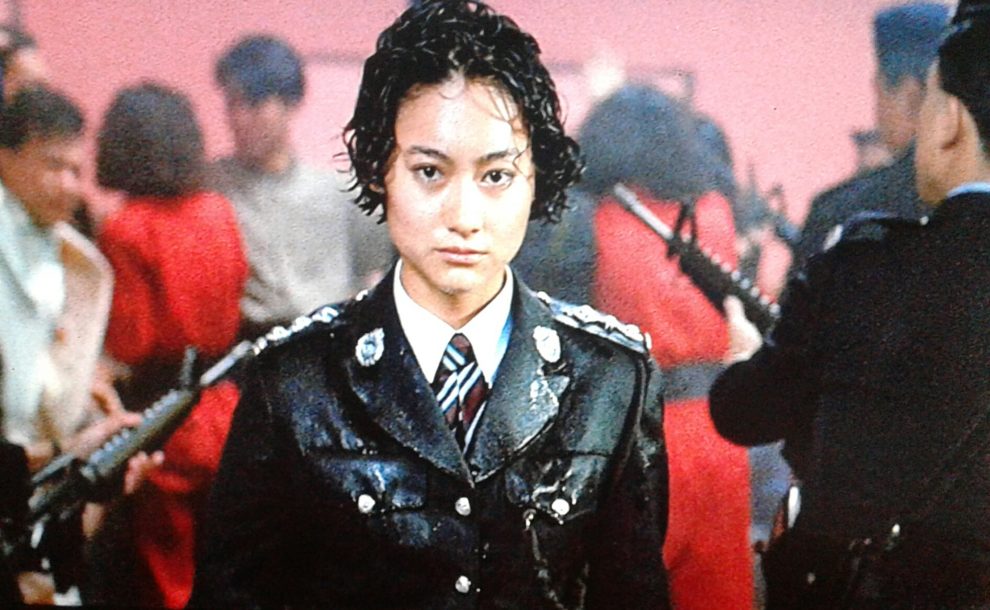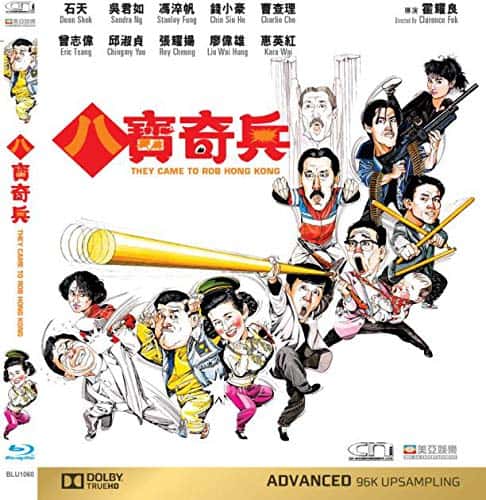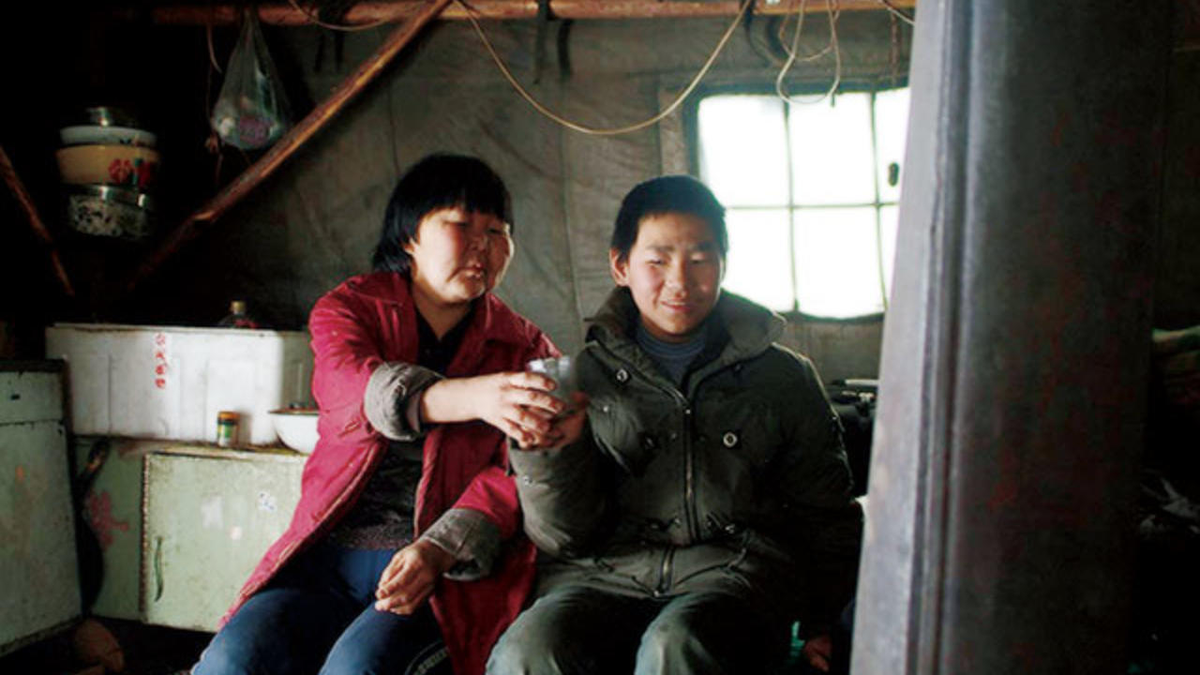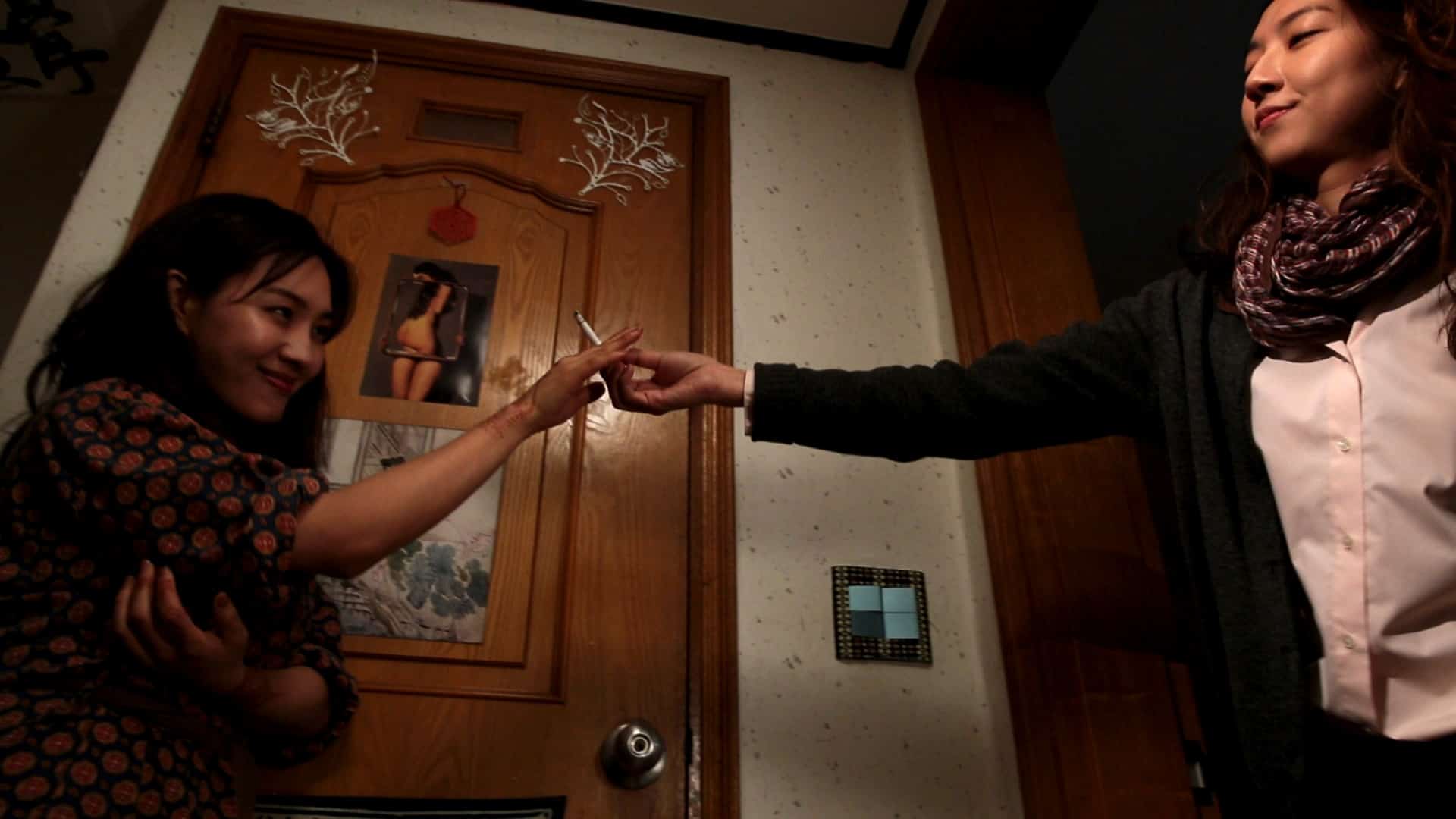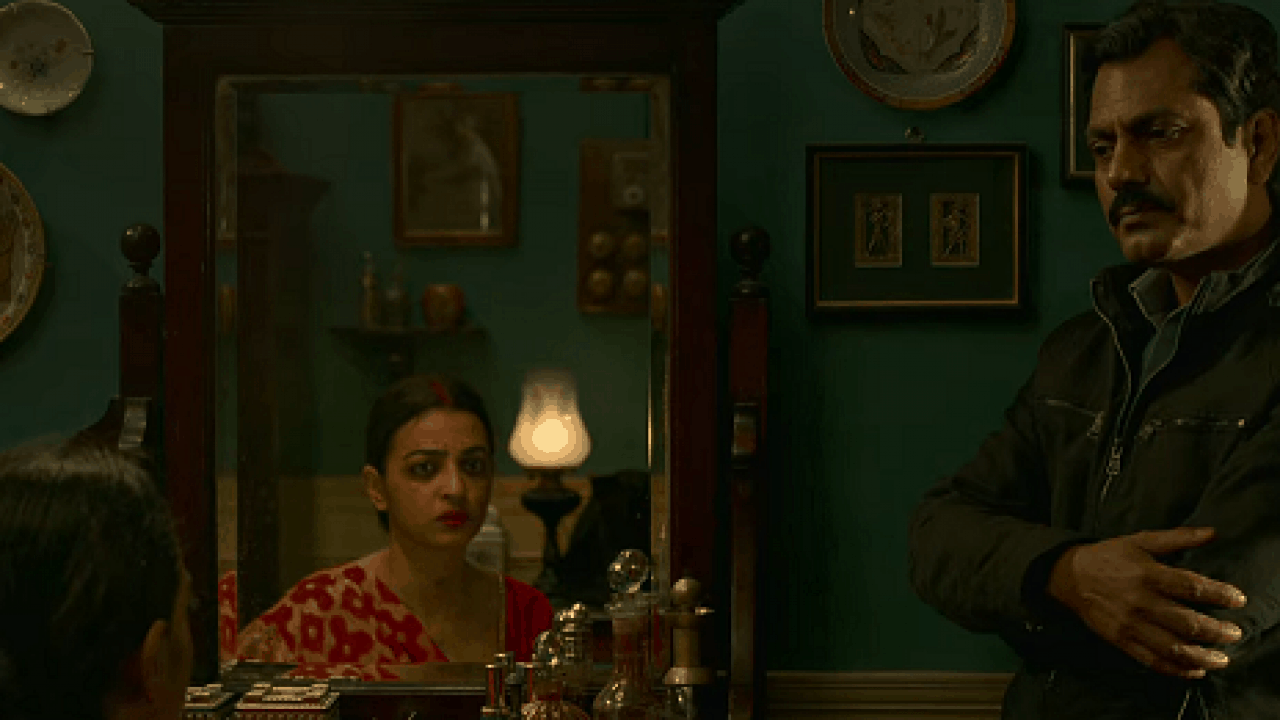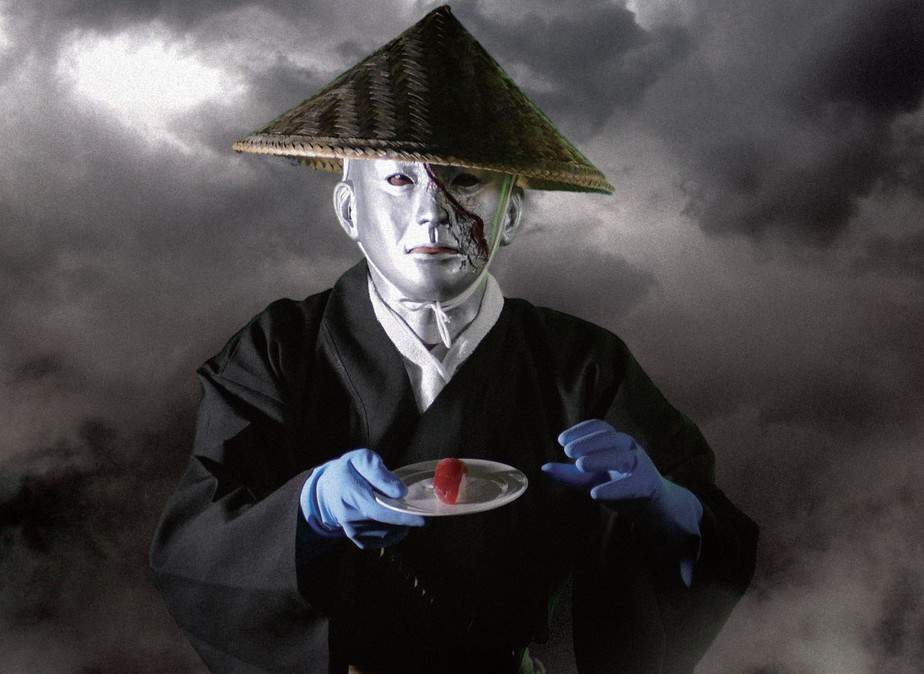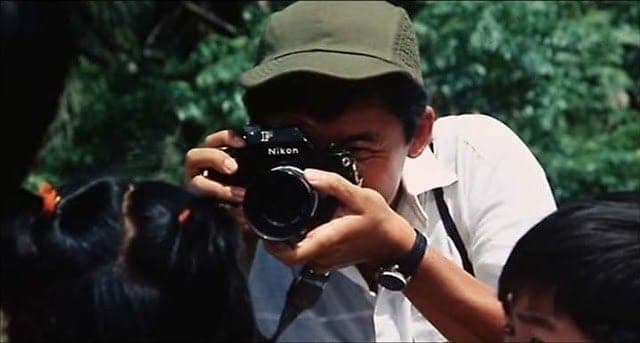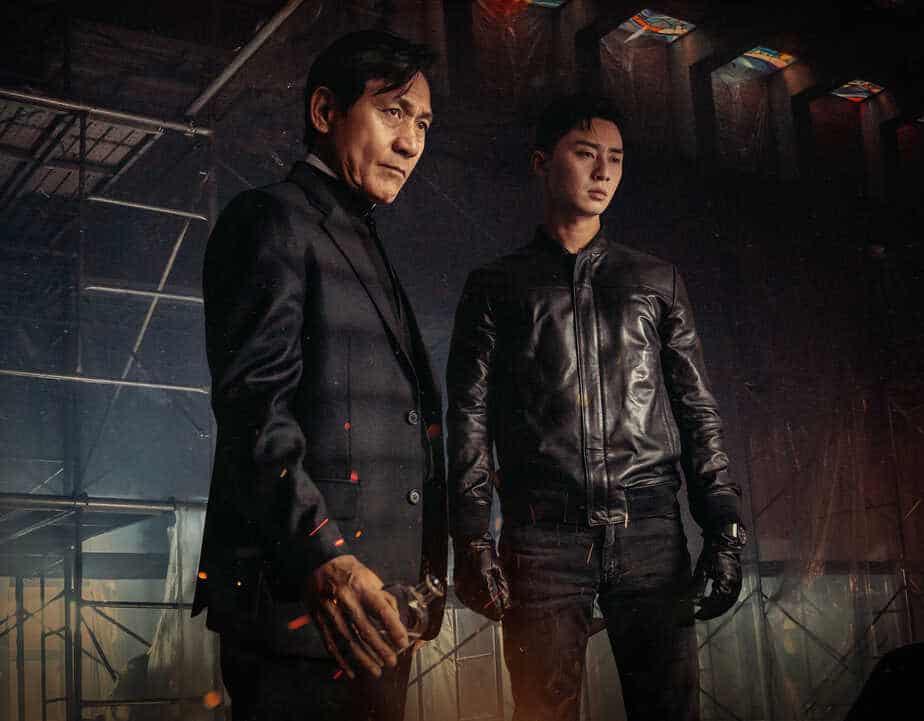Comedy is such a tricky thing to get right. Different languages and cultures mean that what plays well in one country may be incomprehensible to another. Slapstick is therefore more universal as visually it is easier to understand. With “They Came to Rob Hong Kong” we potentially have a classic example of what Hong Kong did so well in the golden era. That gelling together of fast paced action and knockabout humour that is unlike anything seen elsewhere. With a solid cast of both comedians and action stars, what could possibly go wrong?
Rick (Roy Cheung) barely escapes being captured by the police headed up by the Superintendent (Kara Hui). Plotting revenge, he hires a motley collection of misfits in China to use as a diversion from his actual intentions. Bringing them back to Hong Kong, he plans for them to rob a bank whilst he captures a politician and the superintendent. They train under the watch of Jenny (Chingmy Yau), whist trying to get out and enjoy the Hong Kong nightlife. Gradually, they realize their situation and so must come together to defeat Rick and save the day.
A cursory glance at the synopsis and cast would provide the impression that we are in for an action-comedy in the style of the “Lucky Stars” series and the appearances of Stanley Fung and Eric Tsang only further that thought. Yet it never quite comes to that and sadly is ultimately a disappointment.

It is a pity as the movie starts really strong. The opening action sequence is particularly well shot as Roy Cheung and Kara Hui battle on the rooftops and the camera stays wide as they fight down the outside of the apartment block, letting us see the inherent danger. It is a very visceral sequence and is a good showcase for Kara Hui.
From here it starts to lose a bit of momentum as the rest of the cast are introduced and the comedy shtick takes over, at the expense of the action. It is a problematic aspect of the production, as once again, we get a lot of sexist humour and references to rape\aids that really do not play well, especially to a modern audience. This though was a frequent occurrence back then and played to the local viewers. Even then though, the context still doesn't help that some of the jokes are in particularly poor taste. Also, we've seen these sorts of routines played out on many an occasion and is another reason they fall flat. Some of the humour does land and mostly this is due to Sandra Ng's Monroe, who is a welcome alteration to the formula and brings a typical energy to her performance. One of Hong Kong's best comediennes, this is one of the typical times she was called upon to play a plain Jane character in comparison to the more glamorous female leads. Ultimately, she would Pygmalion-like blossom as her career progressed and move on from these sorts of characters.
As for the rest of the comedy troupe, they are very much a mixed bag, performance wise. Dean Shek as Sherlock gets a couple of good gags early in the introduction before drifting into the sort of mugging slapstick that was his signature. Whilst not as bad as his excruciating performances in the Kung Fu comedy era, that's not exactly a compliment. Chin Siu-ho is here to bring some genuine martial arts skill as Bruce Hung. He does that, but ultimately little else of note. Charlie Cho, best known as the lawyer in Jackie Chan's “Police Story” series is rather annoying but not in a funny way as Biggy. The same also goes for Liu Wai-hung as Leslie Cheung. Both provide very broad performances that you can either take or leave.
This brings us to Stanley Fung and Eric Tsang. A regular part of the Lucky Stars series, their appearance here should, in theory, add an element to the sense of fun that that series had. Their intro sets up the usual routine with them as conmen, yet ultimately the roles are reversed as this time Eric Tsang is the one playing the more devious of the two. It actually makes his character the least sympathetic of the whole troupe and he spends most of the film getting beaten up, whilst Stanley Fung is unusually the one getting played for a fool. Whilst they have undisputed chemistry, they like the others appear to have lost the mischievous sense of fun that is on display in other comedies.
In the Lucky Stars series, the group would be a bunch of lecherous men, but would always get their comeuppance. This would make the humour a bit more palatable, they would be acting in a childlike manner whereas here, there is a more cynical edge to their playing. As a group, with the exception of Monroe, they are a fairly unlikable bunch of “heroes”.
With the final reel, we get the return of Kara Hui's superintendent and the traditional action finale. This is perfectly serviceable and the skill of Chin Siu-Hoi and Kara Hui is always worth watching. Compared to the opening though, it lacks a bit of imagination and flair. A lot of Hong Kong movies would be rescued by their final acts as the insane stunts and action kick in. We don't really get this here, and so doesn't finish on a high sufficient enough to redeem the mediocre middle section. Clarence Fok who would later become famous for “Naked Killer” and “Dragon From Russia” almost appears to lose interest as the film progresses. Visually, it becomes a blander as it continues until it is just another movie, lacking the inventiveness that he could bring when on top form.
The ingredients are all here for what should be a very solid action-comedy. It starts with a bang, but ultimately through a combination of poor comedy and overblown performances, it fizzles out into a big disappointment that wastes the considerable talent that has been assembled. Roy Cheung and Kara Hui are spared due to their straight roles with only Sandra Ng really getting any mileage in the comedy stakes. In combination with the dated humour that would certainly not play well in the modern era, “They Came to Rob Hong Kong”, sadly, is a film to pass.


